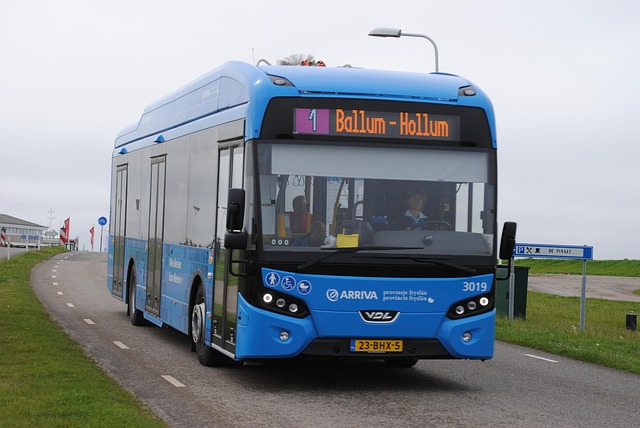In the ever-evolving quest for sustainable development, the introduction of electric buses represents a monumental shift in public transportation. With urban populations growing and environmental concerns escalating, the demand for greener alternatives has never been more pressing. The electric bus revolution is not merely a trend; it signifies a collective movement toward a carbon neutral future.
Electric buses are at the forefront of reducing our ecological footprint. Traditional diesel buses contribute significantly to air pollution, emitting harmful greenhouse gases that threaten both our health and the environment. In contrast, electric buses operate on clean energy sources, drastically cutting emissions and leading the charge in the fight against climate change. This shift not only helps cities reduce their pollution levels but also creates healthier environments for communities.
Beyond immediate emissions reduction, electric buses play a crucial role in promoting green technologies. The development of batteries that store energy more efficiently, the integration of solar power in charging stations, and innovative materials that enhance the efficiency of these buses are all part of a broader commitment to sustainable energy solutions. Public transport systems increasingly recognize that embracing electric buses is not just an investment in vehicles, but in the future of our cities and our planet.
Moreover, electric buses offer a glimpse into the potential for renewable energy. When charged using wind or solar power, these vehicles become a beacon of hope in the transition to a more sustainable energy grid. Cities are exploring partnerships with energy providers to ensure that they can power their fleets using 100% renewable energy, further solidifying their role in fostering a carbon neutral economy.
As we drive toward this greener future, it’s essential for governments and businesses to collaborate and invest in the infrastructure that supports electric bus fleets. Building sufficient charging stations, integrating electric buses into existing transit systems, and providing incentives for more cities to adopt these technologies are all vital steps in propelling this movement forward.
The benefits of electric buses extend beyond environmental impact. They also offer significant economic advantages. With lower maintenance costs compared to diesel buses, and potential savings on fuel, cities can redirect funds towards improving public transport services or enhancing other urban needs. Furthermore, these vehicles generate local jobs in manufacturing, maintenance, and charging infrastructure, nurturing economic growth in sustainable sectors.
As stakeholders in our communities, we have a shared responsibility to champion this electric bus revolution. Whether you’re a city planner, an environmental advocate, or simply a concerned citizen, your voice matters. By supporting policies that favor the adoption of electric buses, advocating for sustainable urban development plans, and embracing green technologies, we can collectively make strides towards a future that prioritizes ecological balance and public health.
Ultimately, the transition to electric buses is more than just an advancement in transport technology; it embodies a societal commitment to embracing sustainability and minimizing our ecological impact. As we witness this revolution unfold, may we take pride in each electric bus that glides silently through our streets, serving as a reminder of our potential to nurture a healthier, greener planet for generations to come.




